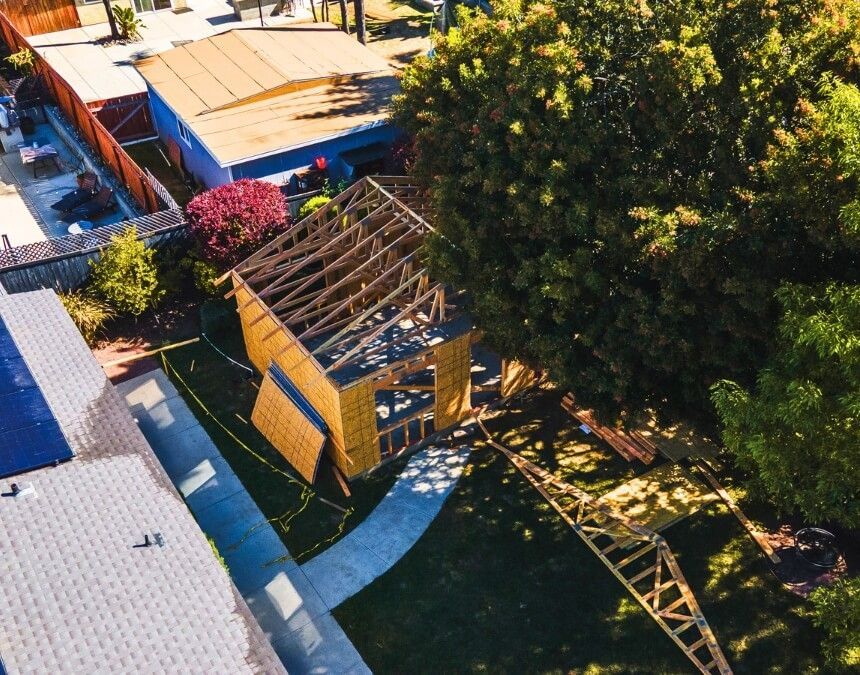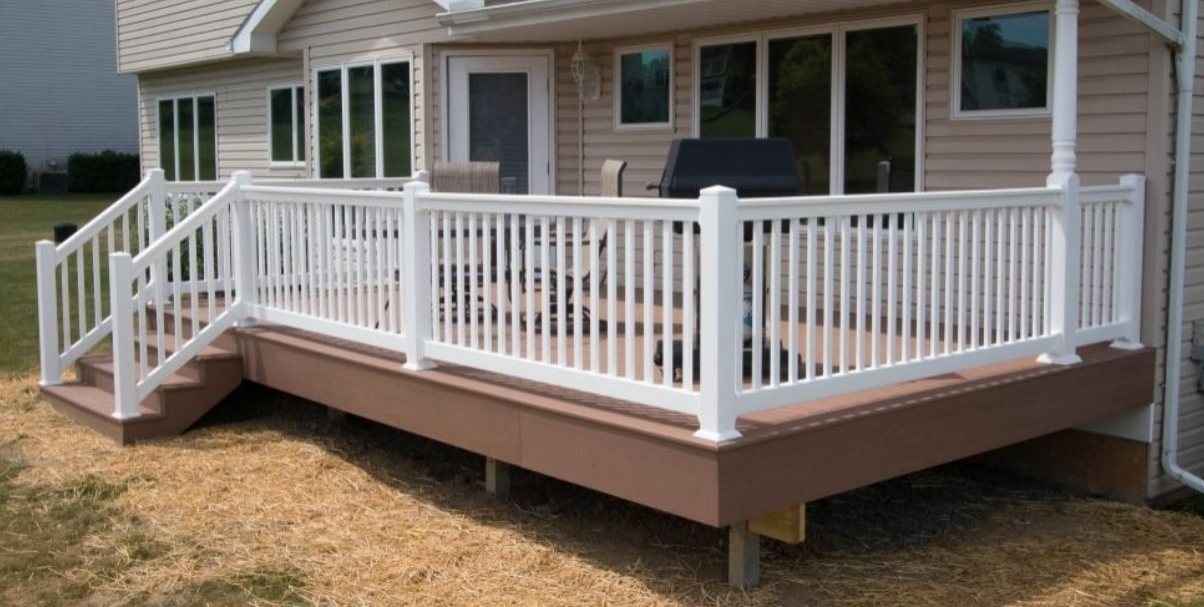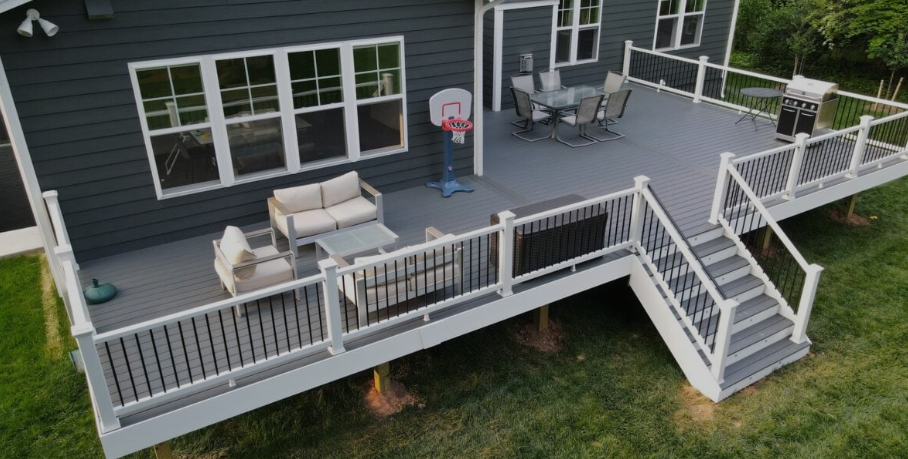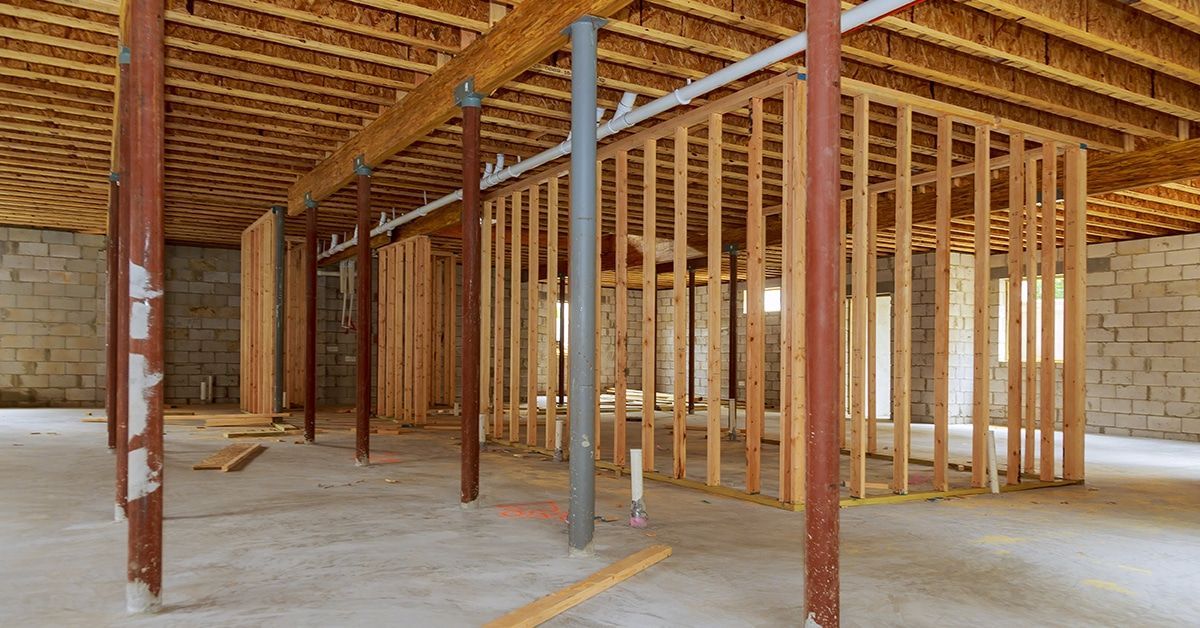Best Equipment for Residential Excavation in Rhode Island
The best equipment for residential excavation in Rhode Island includes mini excavators (3-8 tons), compact track loaders, and backhoe loaders, chosen based on project size, soil conditions, and site accessibility. Rhode Island's diverse soil types, from coastal sand to rocky inland terrain, require specific equipment selections to ensure efficient and cost-effective residential excavation projects.
Why Equipment Selection Matters for Rhode Island Residential Projects
Rhode Island's unique geographical characteristics demand careful equipment selection for residential excavation. The Ocean State's compact size, diverse soil conditions, and established neighborhoods require excavation equipment that can navigate tight spaces while handling everything from sandy coastal soils to rocky inland terrain.
Key Factors Influencing Equipment Choice in Rhode Island:
- Lot sizes - Typical residential lots range from 0.25 to 1 acre
- Soil variations - Sandy soils near the coast, clay and rock inland
- Property access - Narrow driveways and established neighborhoods
- Seasonal conditions - Winter frost depth up to 40 inches
- Municipal regulations - Noise ordinances and working hour restrictions
- Underground utilities - Dense utility networks in developed areas
Top Excavation Equipment for Rhode Island Residential Projects
1. Mini Excavators (3-8 Tons) - The Residential Workhorse
Mini excavators are relatively small, typically weighing less than five metric tons. This makes them easier to transport and operate as well as ideal for soft terrain because they don't damage nearby pavements.
Best Uses:
- Foundation excavation for single-family homes
- Septic system installation and repairs
- Basement digging and waterproofing projects
- Landscape grading and pool installation
- Utility trenching and drainage work
Advantages for Rhode Island Projects:
- Minimal lawn and driveway damage
- Excellent for tight residential spaces
- Can navigate standard residential gates
- Fuel-efficient for smaller projects
- Reduced noise compared to larger equipment
Recommended Specifications:
- Operating weight: 3,000-8,000 lbs
- Dig depth: 8-12 feet
- Bucket capacity: 0.5-1.5 cubic yards
- Transport width: Under 6 feet for gate access
2. Compact Track Loaders - Versatile Site Preparation
Compact track loaders excel in Rhode Island's varied terrain, offering excellent traction on sandy soils and stability on uneven ground.
Best Uses:
- Site preparation and rough grading
- Material handling and debris removal
- Driveway and walkway excavation
- Landscaping and hardscaping projects
- Snow removal (dual-season functionality)
Rhode Island Advantages:
- Low ground pressure protects existing lawns
- Excellent performance in sandy coastal soils
- Variety of attachments for multiple tasks
- Year-round utility including snow removal
- Minimal site disturbance
3. Backhoe Loaders - Multi-Purpose Efficiency
Backhoe loaders are versatile excavation equipment commonly used in construction projects for tasks such as digging, trenching, and material handling.
Best Uses:
- Medium-sized foundation projects
- Septic system installation
- Utility line installation
- Site cleanup and material handling
- Loading and transport operations
Rhode Island Applications:
- Excellent for properties with good access
- Dual functionality (loading and digging)
- Efficient for projects requiring material transport
- Good balance of power and maneuverability
4. Wheeled Excavators - Urban Project Specialists
Because wheels offer less stability on uneven ground than tracks, wheeled excavators are commonly used for roadwork and urban projects.
Best Uses:
- Urban residential projects
- Driveway and sidewalk work
- Utility repairs on paved surfaces
- Projects requiring frequent repositioning
Rhode Island Benefits:
- Faster travel between work areas
- Less damage to paved surfaces
- Good for established neighborhoods
- Efficient fuel consumption
Equipment Sizing Guide for Common Rhode Island Residential Projects
Foundation Excavation
- Small additions (under 1,000 sq ft): 3-5 ton mini excavator
- Standard homes (1,000-2,500 sq ft): 5-8 ton mini excavator
- Large homes (over 2,500 sq ft): 8-12 ton excavator or backhoe loader
Septic System Installation
- Standard systems: 5-8 ton mini excavator with 24-36 inch bucket
- Large systems: 8-12 ton excavator with multiple bucket sizes
- Repair work: 3-5 ton mini excavator for minimal site disturbance
Pool Installation
- Above-ground pools: Compact track loader with grading attachments
- In-ground pools: 5-8 ton mini excavator with precise digging capabilities
- Infinity/complex pools: 8-12 ton excavator with skilled operator
Basement Excavation
- Partial basements: 8-12 ton excavator with high-reach capabilities
- Full basements: 12-20 ton excavator with efficient material handling
- Walkout basements: Combination of excavator and grading equipment
Rhode Island Soil Considerations for Equipment Selection
Coastal Sandy Soils (Newport, Narragansett, Westerly)
- Recommended: Mini excavators with wider tracks
- Bucket selection: Larger capacity buckets for loose material
- Special considerations: Dewatering capabilities may be needed
Clay Soils (Providence, Cranston, Warwick)
- Recommended: Higher horsepower excavators
- Bucket selection: Narrow, reinforced buckets for penetration
- Special considerations: Hydraulic breakers for compacted clay
Rocky Terrain (Western Rhode Island)
- Recommended: Excavators with hydraulic breakers
- Bucket selection: Rock buckets with reinforced cutting edges
- Special considerations: Specialized rock removal attachments
Mixed Soil Conditions
- Recommended: Versatile mini excavators with multiple attachments
- Bucket selection: Quick-attach system for bucket changes
- Special considerations: Grading attachments for finishing work
Cost Considerations for Equipment Selection
Excavation costs $2.50 to $15.00 per cubic yard or $1,100 to $5,600 total on average. Excavator hourly rates are $100 to $300 per hour.
Equipment Rental Costs in Rhode Island:
- Mini excavators (3-5 tons): $300-$500 per day
- Mini excavators (5-8 tons): $400-$700 per day
- Compact track loaders: $350-$600 per day
- Backhoe loaders: $450-$800 per day
Factors Affecting Equipment Costs:
- Seasonal demand - Higher rates during spring and summer
- Project duration - Weekly and monthly rates offer savings
- Fuel costs - Diesel prices impact hourly operating costs
- Operator requirements - Skilled operators command premium rates
- Transport costs - Delivery fees for equipment mobilization
Attachment Options for Maximum Versatility
Essential Attachments for Rhode Island Projects:
- Grading buckets - Smooth finishing and precise grading
- Trenching buckets - Narrow excavation for utilities
- Hydraulic breakers - Rock breaking and concrete demolition
- Auger attachments - Post holes and foundation piers
- Grapple attachments - Debris removal and material handling
Specialized Attachments:
- Frost rippers - Winter excavation capabilities
- Compaction wheels - Soil compaction and site preparation
- Brush cutters - Site clearing and vegetation removal
- Tilt buckets - Precision grading and slope work
Safety and Regulatory Considerations
Rhode Island Equipment Requirements:
- Operator certification - OSHA compliance for commercial projects
- Insurance coverage - Liability protection for residential work
- Utility marking - Dig Safe requirements before excavation
- Noise regulations - Municipal restrictions on working hours
- Environmental protection - Erosion control and wetland preservation
Safety Features to Prioritize:
- ROPS/FOPS protection - Rollover and falling object protection
- Backup alarms - Required for residential area work
- LED lighting - Enhanced visibility for precision work
- Hydraulic lockouts - Prevent accidental movement during maintenance
Seasonal Equipment Considerations
Spring (March-May)
- High demand period - Reserve equipment early
- Muddy conditions - Track equipment preferred over wheeled
- Frost thaw - Potential for unstable soil conditions
Summer (June-August)
- Peak construction season - Highest rental rates
- Dust control - Water spray attachments beneficial
- Extended hours - Longer daylight for project completion
Fall (September-November)
- Moderate demand - Better availability and pricing
- Leaf management - Debris handling attachments useful
- Weather preparation - Complete projects before winter
Winter (December-February)
- Specialized equipment - Cold weather packages required
- Limited availability - Reduced rental fleet access
- Emergency work - Premium rates for urgent projects
Equipment Maintenance and Reliability
Critical Maintenance for Rhode Island Conditions:
- Salt exposure protection - Coastal area corrosion prevention
- Hydraulic system care - Cold weather fluid management
- Track/tire maintenance - Varied terrain wear patterns
- Engine winterization - Fuel system protection
Reliability Factors:
- Brand reputation - Established service networks in Rhode Island
- Parts availability - Local dealer support
- Service intervals - Regular maintenance scheduling
- Operator training - Proper equipment operation techniques
Choosing the Right Equipment for Your Project
Project Assessment Questions:
- What's the total excavation volume? - Determines equipment size
- What are the soil conditions? - Influences equipment selection
- How accessible is the site? - Affects equipment transport options
- What's the project timeline? - Impacts equipment rental duration
- Are there noise restrictions? - Influences equipment choice and scheduling
Professional Consultation Benefits:
- Site evaluation - Proper equipment sizing recommendations
- Soil analysis - Equipment selection based on ground conditions
- Permit coordination - Regulatory compliance assistance
- Project planning - Efficient equipment utilization scheduling
Frequently Asked Questions
Q: What size excavator is best for a typical Rhode Island residential foundation? A: For average residential projects with footings not deeper than 10 feet and excavation areas around 40'x60'x10', a 5-8 ton mini excavator is typically optimal, providing the right balance of power and maneuverability.
Q: Can mini excavators handle Rhode Island's rocky soils? A: Yes, mini excavators equipped with hydraulic breakers can handle most residential rock excavations. For extensive ledge removal, larger equipment may be more efficient.
Q: What's the most versatile piece of equipment for Rhode Island residential projects? A: A 5-8 ton mini excavator with multiple attachments offers the best versatility for most residential excavation needs in Rhode Island.
Q: How does equipment selection affect project costs? A: A compact skid steer or backhoe costs $100 per hour, including the cost of an operator. If your driveway can handle a full-sized excavator, plan on roughly 50% more per hour—but the larger bucket can significantly reduce overall labor time.
Q: What equipment works best in Rhode Island's coastal areas? A: Mini excavators with wider tracks perform best in sandy coastal soils, providing better flotation and reduced ground pressure.
Planning a residential excavation project in Rhode Island? Rockhouse Construction has the right equipment and expertise to handle any residential excavation challenge throughout the Ocean State. Our fleet includes mini excavators, compact track loaders, and specialized equipment perfectly suited for Rhode Island's unique soil conditions and residential project requirements. Contact us today for professional equipment selection and excavation services tailored to your specific project needs.











